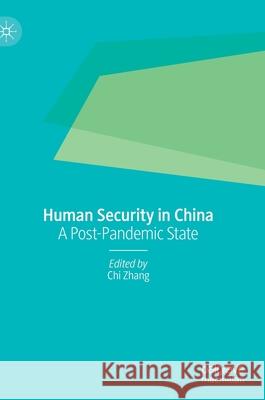Human Security in China: A Post-Pandemic State » książka
topmenu
Human Security in China: A Post-Pandemic State
ISBN-13: 9789811646744 / Angielski / Twarda / 2021 / 234 str.
Human Security in China: A Post-Pandemic State
ISBN-13: 9789811646744 / Angielski / Twarda / 2021 / 234 str.
cena 523,30
(netto: 498,38 VAT: 5%)
Najniższa cena z 30 dni: 462,63
(netto: 498,38 VAT: 5%)
Najniższa cena z 30 dni: 462,63
Termin realizacji zamówienia:
ok. 16-18 dni roboczych.
ok. 16-18 dni roboczych.
Darmowa dostawa!
Kategorie BISAC:
Wydawca:
Palgrave MacMillan
Język:
Angielski
ISBN-13:
9789811646744
Rok wydania:
2021
Wydanie:
2022
Ilość stron:
234
Waga:
0.44 kg
Wymiary:
21.01 x 14.81 x 1.6
Oprawa:
Twarda
Wolumenów:
01
Dodatkowe informacje:
Wydanie ilustrowane











